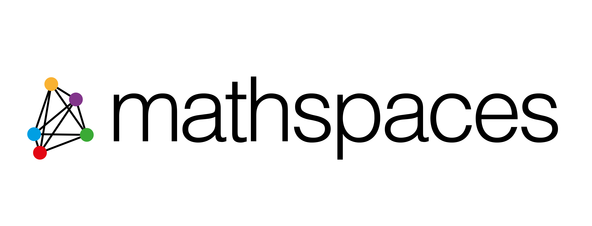MathSpaces
projet
Statut
Comment participer ?
Contact to direction@maisondesmaths.be
Site internet
Crédits
The PISA results (2012) show that 22.1% of European students were low achievers in maths. One of the main reasons for it is the lack of engagement of the youngsters who have a very negative perception of mathematics. To counter that, museums, centres or houses of mathematics were created all around Europe to promote a non-formal approach of mathematics which has a proven effect on the mathematic skill of the youngsters and above all on their engagement with mathematics. However, the spaces dedicated to this approach of maths are still only a few. This shortage is the result of the unfamiliarity with the approach and the difficulty to find the appropriate resources and content.
The project
On January 2017, five European math outreach projects started a two-years collaboration under an Erasmus+ program to develop MathSpaces, a project on open educational resources for math museums and exhibitions. The clear object is addressing underachievement in the basic skills of maths and to increase the spaces dedicated to non-formal approach of mathematics in the European Union.
The partners are:
- Maison des Maths (Belgium)
- Fermat Science (France)
- Il Giardino di Archimede (Italy)
- Museu de Matemàtiques de Catalunya (Spain)
- IMAGINARY (Germany)
We hope that during these two years we raise more interest throughout the educational community and encourage them to enter into the dynamics of education beyond the classroom, creating and using materials to increase motivation among the public.
Outputs being developed
MathSpaces will produce several tangible outputs aimed at the mathematical outreach community. The documents will be availbale in five languages (ES, FR, IT, DE, EN), and all outputs will be free and open licensed. Any institution is welcome to get in contact to share the fruits of this project.
- Book “Why non-formal learning of mathematics?”
- Guidebook on the creation of spaces dedicated to the non-formal approach of mathematics
- Database of educational resources (tools, games, activities and stations) for such math spaces available in OpenSource
- Two math exhibitions, scientifically and pedagogically accurate, in OpenSource with blueprints and tutorials:
- aimed at children 3-8 years old
- aimed at youngsters 9-15 years old
ERASMUS+
Erasmus+ is the European Union programme for education, training, youth and sport. It runs for seven years, from 2014 to 2020. Erasmus+ aims to modernize education, training and youth work across Europe. The European Union links Erasmus+ to policy objectives such as the Europe 2020 targets to raise higher education attainment from 32% to 40% and reduce the share of early school leavers from 14% to less than 10%.

